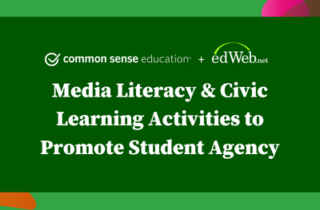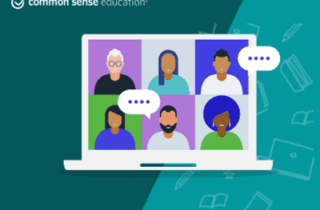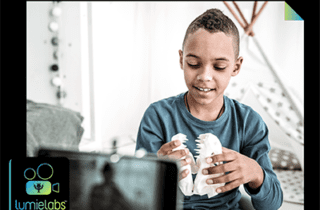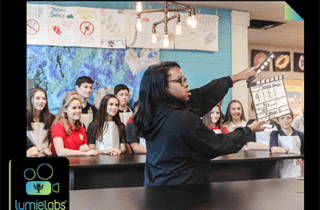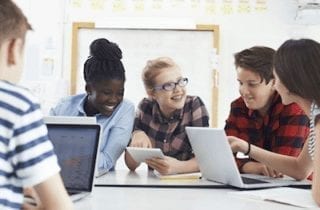Presented by Daniel E. Vargas Campos, Program Manager, Common Sense Education; Eisha Buch, Director of Education Programs, Common Sense Education; and Jennifer Ehehalt, Sr. Regional Manager, Common Sense Education
Presented by Lalo Alcaraz, Editorial Cartoonist; Signe Wilkinson, Editorial Cartoonist; Peter Adams, Senior Vice President of Research and Design, News Literacy Project; and Darragh Worland, Senior Vice President of Creative Strategy, News Literacy Project
Presented by Allie Niese, AP U.S. Government and Civics Teacher, Chicago Public Schools (IL); and Molly June Roquet, Education Librarian, Saint Mary’s College of California
Moderated by Kristi Hemingway, VP of Content and Creative Strategy, EdCuration; and Shaelynn Farnsworth, Senior Director of Educator Network Expansion, News Literacy Project
Presented by K.C. Boyd, Librarian, District of Columbia Public Schools; and Sue Thotz, Senior Program Manager, Common Sense Education
Moderated by Jennifer Ehehalt, Senior Education Program Manager, Common Sense Education
Being an informed contributor to America’s democratic practices and principles requires strong media literacy skills. Without them, even the most civic-minded will find it hard to assess and interpret the mass of information out in the world. Jeff Knutson, Common Sense Education Content Strategist and Senior Producer, recognizes how challenging it is for students to negotiate media. In an edWebinar sponsored by Common Sense Education, Knutson outlined ways teachers can support students as they strengthen their media literacy to knowledgeably participate in civic engagement.
edWeb.net is excited to announce that the News Literacy Project will be sponsoring News Literacy, a free professional learning community on edWeb where educators can work together to develop their students’ civic knowledge and critical thinking skills when consuming news and information.
Join this edWebinar to learn about where to find quality resources to teach news and media literacy in your classroom and get tips on facilitating discussions and lessons about the news and current events.
This edWebinar will focus on positive youth development, entertainment media, scientific research, and the impact of media-making on cognitive development.
Join this edWebinar to get a better understanding of the basic concepts of media literacy education and multimodal storytelling and how to use them to engage your students in identity exploration activities that will foster self-awareness, empathy, and critical thinking.
Learn how to teach your students to become knowledgeable, responsible consumers and creators of media in today’s digital world.


